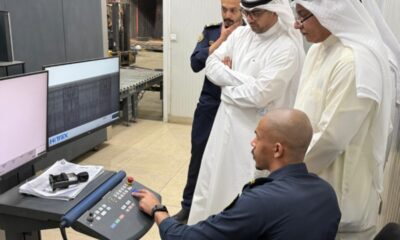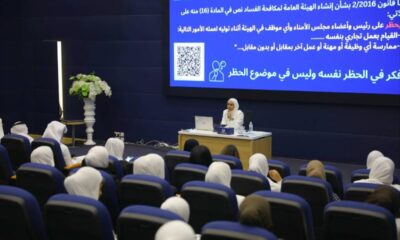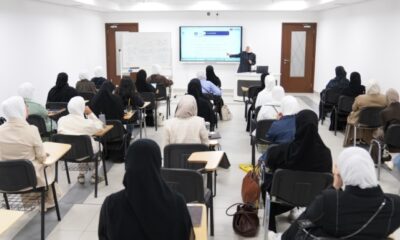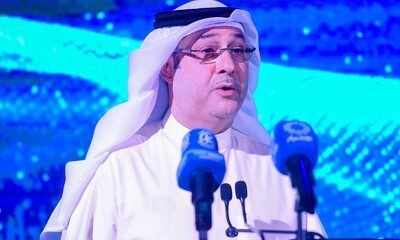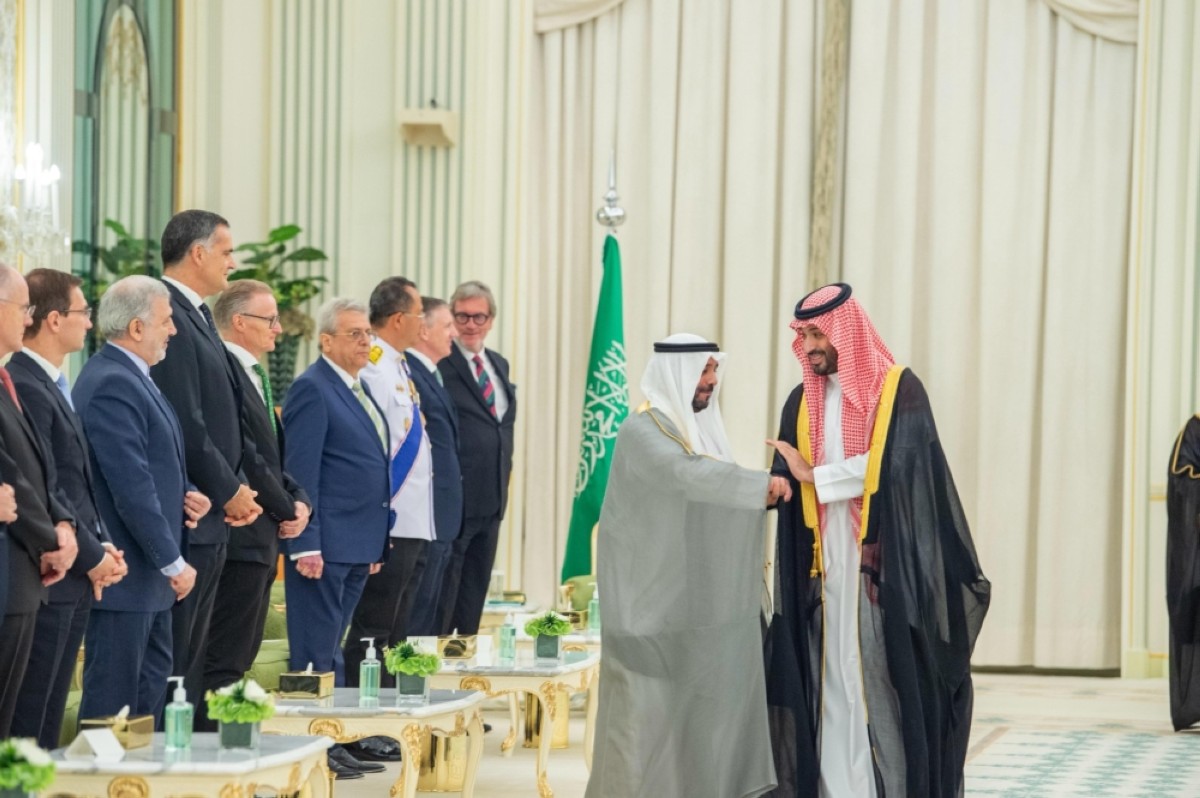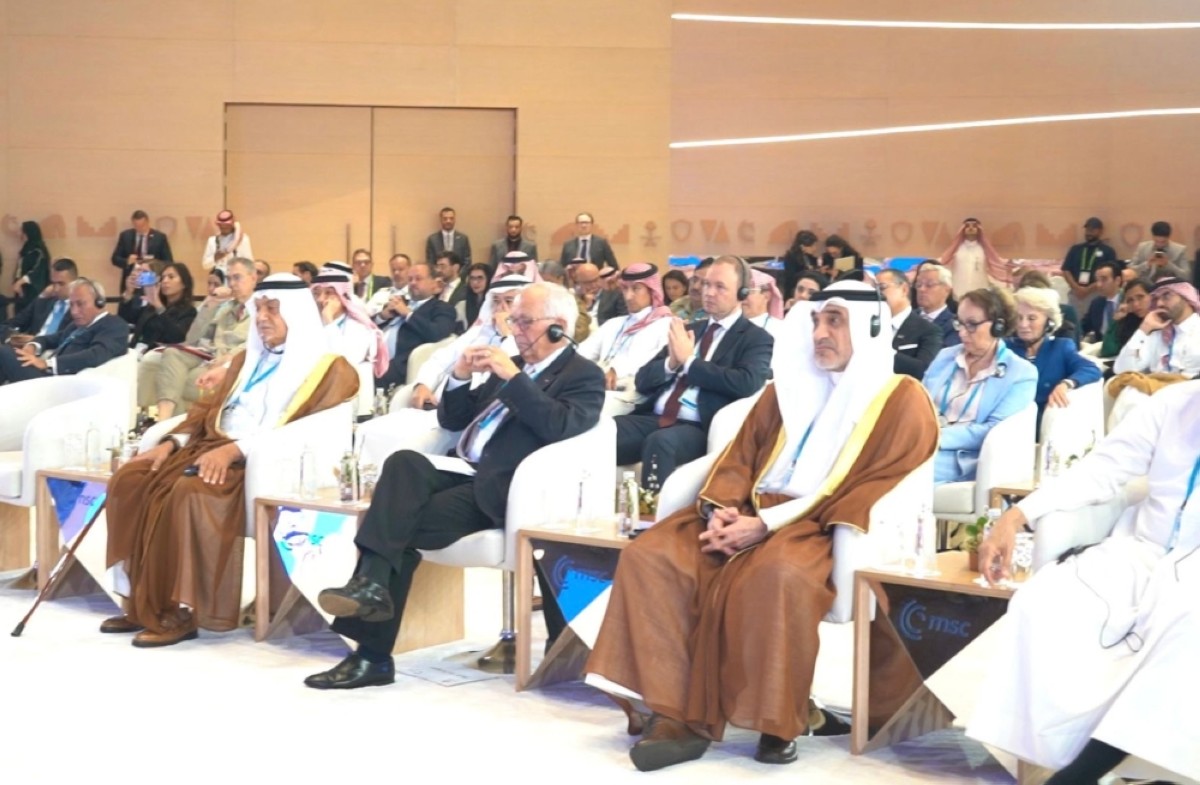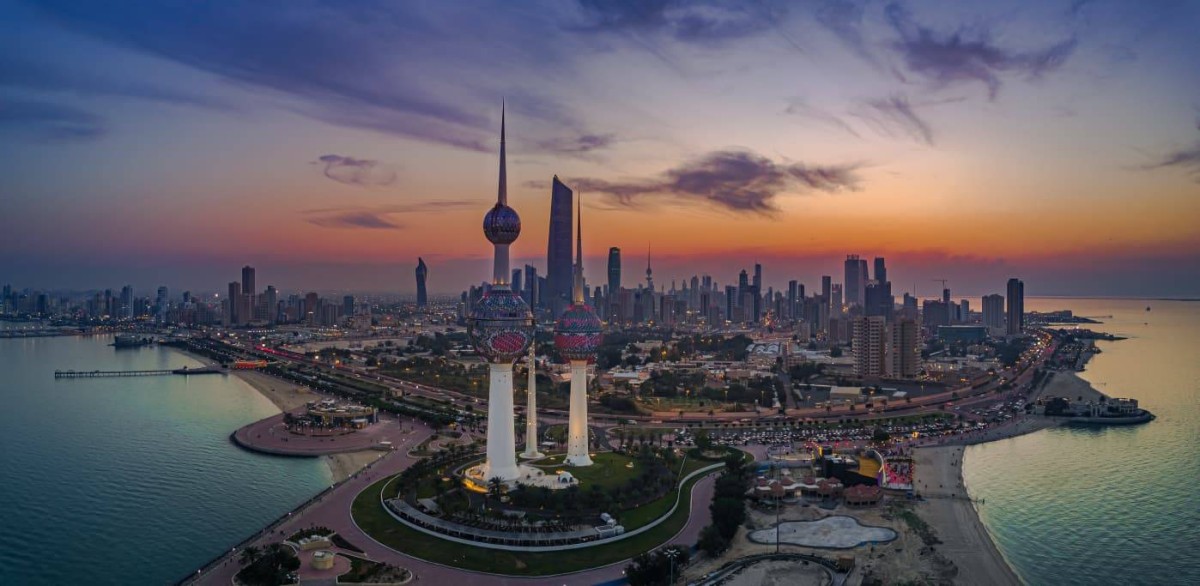KUWAIT: One year after Kuwait officially revived the Mubarak Al-Kabeer Port project with the signing of a key agreement with China, momentum continues to build to complete the long-awaited strategic hub on Boubyan Island.
After nearly a decade of halted work, the February 2024 contract for pre-execution studies, design, and services with a major Chinese state-owned company marked a turning point. Following a year of intensive technical planning and coordination, field work officially began in March 2025, supported by strengthened Kuwaiti-Chinese cooperation and regular high-level consultations aimed at overcoming obstacles and expediting construction. The project, seen as a vital pillar of Kuwait’s northern development strategy, is designed to transform Kuwait into a regional transport and logistics hub, complementing wider Gulf trade initiatives and regional connectivity plans.
The urgency to complete the port has been heightened by neighboring Iraq’s ambitious $17 billion Development Road project — a massive transport and logistics network aiming to link the Gulf to Europe. Kuwait’s Mubarak Port is now positioned not just as a national project, but as a vital piece of the broader Gulf trade race.
Recent weeks have seen intense field visits and technical consultations between Kuwaiti authorities and Chinese counterparts, demonstrating strong political and technical will to overcome challenges and accelerate progress.
Chinese Ambassador to Kuwait Zhang Jianwei emphasized the project’s importance, noting that Mubarak Port is a strategic anchor in Kuwaiti-Chinese relations. His remarks came during Chinese Language Day celebrations, where he highlighted the latest inspection visit by China’s Vice Minister of Transport Fu Xueyin to the port site.
Kuwait’s Minister of Public Works Dr Noura Al-Mashaan, who led the signing of the revival contract last year, has reaffirmed that completing Mubarak Port is a top strategic priority, enjoying the full support of His Highness the Amir Sheikh Meshal Al-Ahmad Al-Jaber Al-Sabah and the country’s leadership.
The fifth round of Kuwait-China political consultations, held recently, reviewed the progress made since the revival, and mapped out further collaboration, not only on Mubarak Port but also in areas such as renewable energy, housing, and economic zones — key components of Kuwait Vision 2035.
Fieldwork officially began in March 2025, and both sides have maintained a schedule of ongoing inspections and adjustments to keep the project on track. Kuwaiti officials stress that sustained cooperation with China is crucial to turning the port into a world-class logistics and trade hub.
According to the agreement’s explanatory note, the partnership between Kuwait and China includes mutual technical support, joint planning, and operational cooperation to ensure the success of the Mubarak Al-Kabeer Port — envisioned as an early project under China’s Belt and Road Initiative in the Gulf.
As the region experiences rapid infrastructure development, Mubarak Port is poised to play a critical role in securing Kuwait’s position as a regional and international trade gateway.
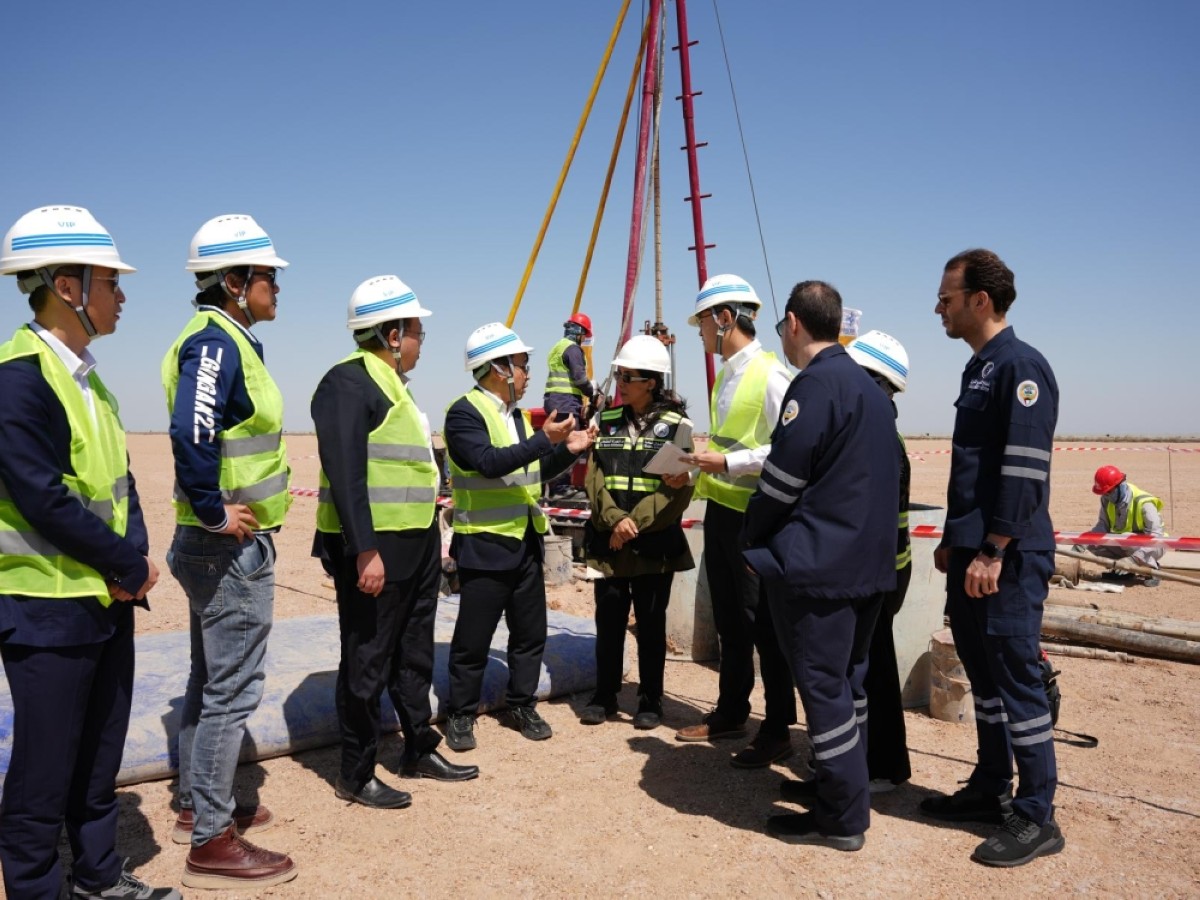

 Business19 hours ago
Business19 hours ago
 Politics12 hours ago
Politics12 hours ago
 Latest News17 hours ago
Latest News17 hours ago
 Latest News19 hours ago
Latest News19 hours ago
 Latest News9 hours ago
Latest News9 hours ago
 Politics9 hours ago
Politics9 hours ago
 Latest News8 hours ago
Latest News8 hours ago
 Politics7 hours ago
Politics7 hours ago
